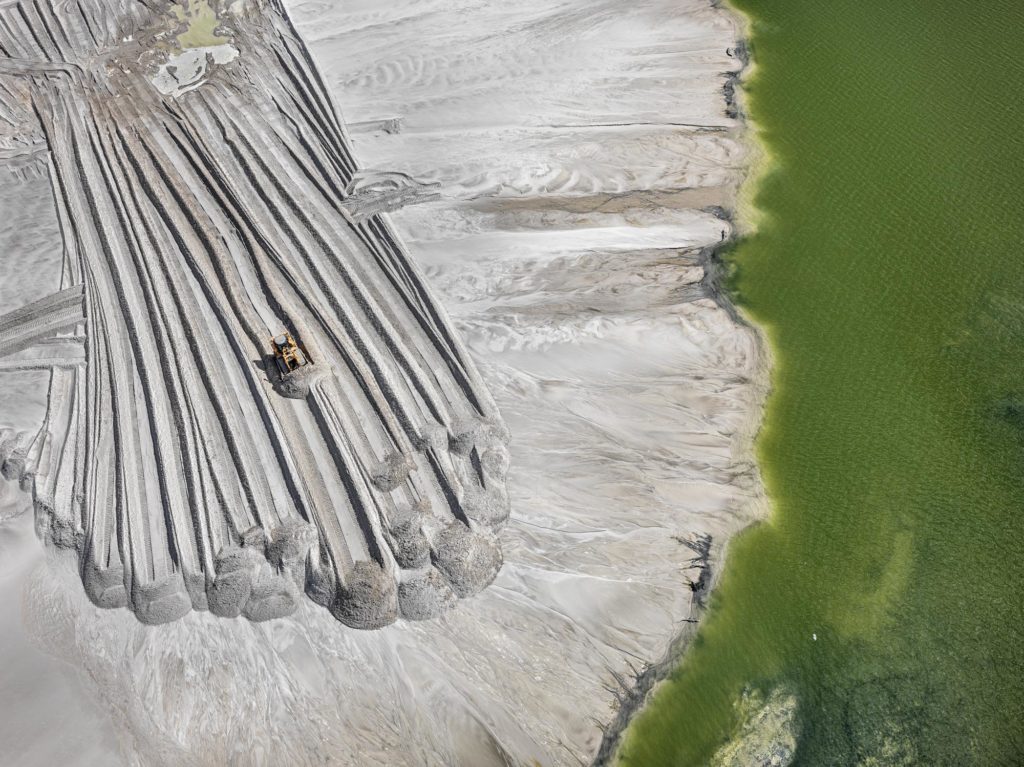
Clean Energy Revolution? The Numbers Make Sense
Although fossil fuels have powered and shaped the modern era they have also been a major contributing factor in the current climate crisis. However, energy will also be a key factor in coping with the consequences of climate change: a global clean energy revolution whose economic implications bring newfound hope for our future.











